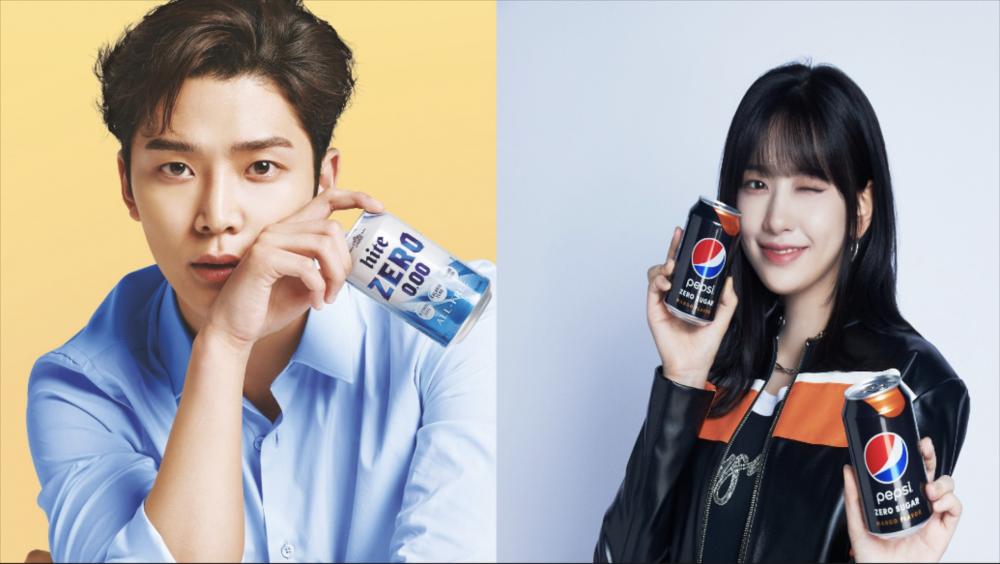

If you are in Korea right now, you will notice a commonality in many advertisements: they label all food as zero calories. Zero calorie soda is nothing new, but finding zero calorie ice cream or zero calorie popcorn is a different story. So, is this a new phase that Korea is going through?
Following on from Coca-Cola’s launch of ‘Coke Zero’ and then Sprite’s launch of ‘Sprite Zero’, South Korea has also launched a zero-calorie version of its famous yogurt soda drink ‘Milkiss’. With more and more people becoming self-conscious about what they consume, the ‘zero calorie’ trend seems to have reached a whole new level in South Korea.
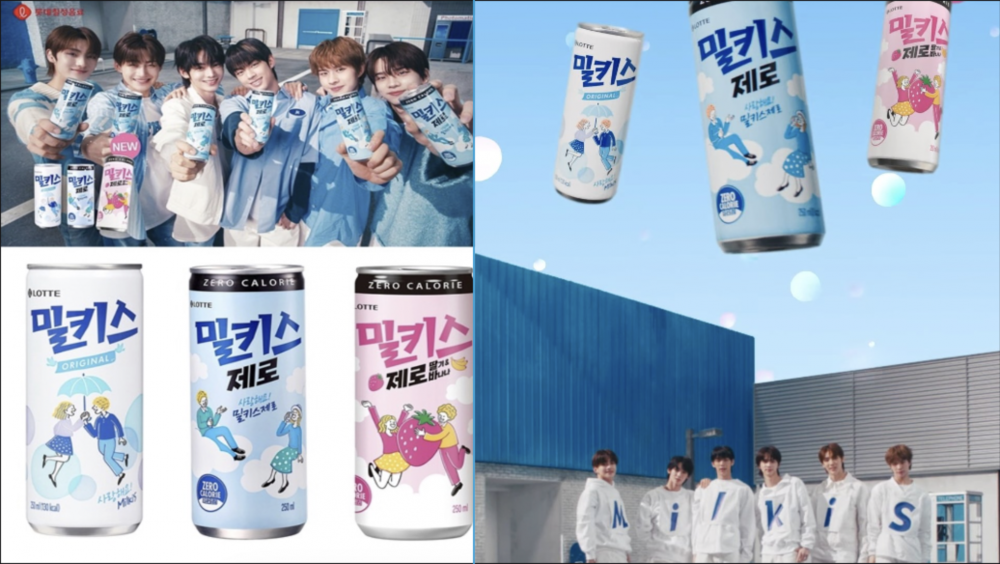

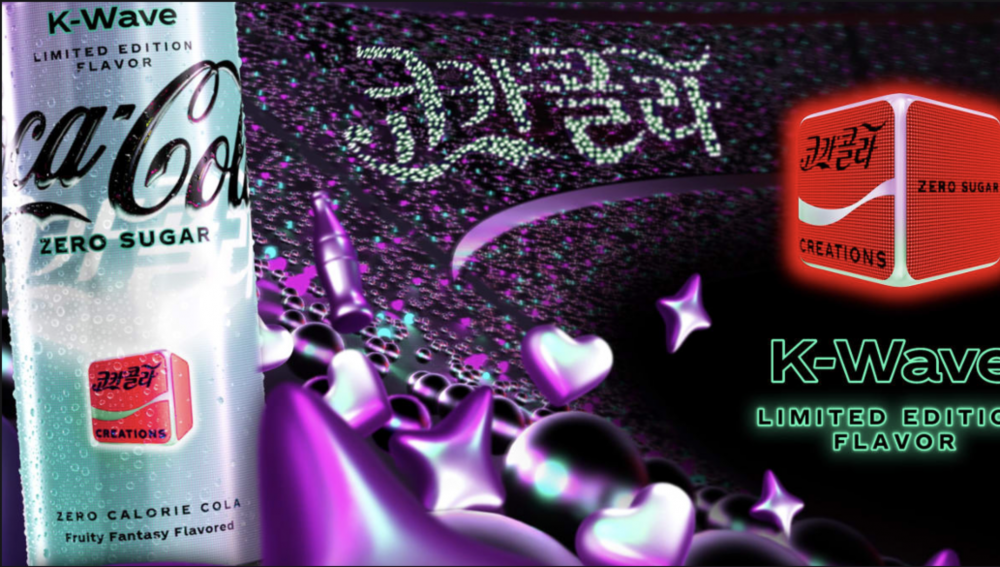

For example, Lotte Cinema, one of South Korea’s largest movie theater chains, recently launched a popcorn combo called “Zero Popcorn,” which uses alternative sweeteners instead of typical sugar. Koreans are also excited that some of their favorite ice creams, such as the classic popsicles “Jaws” and “Screw Bars,” are now zero-calorie.
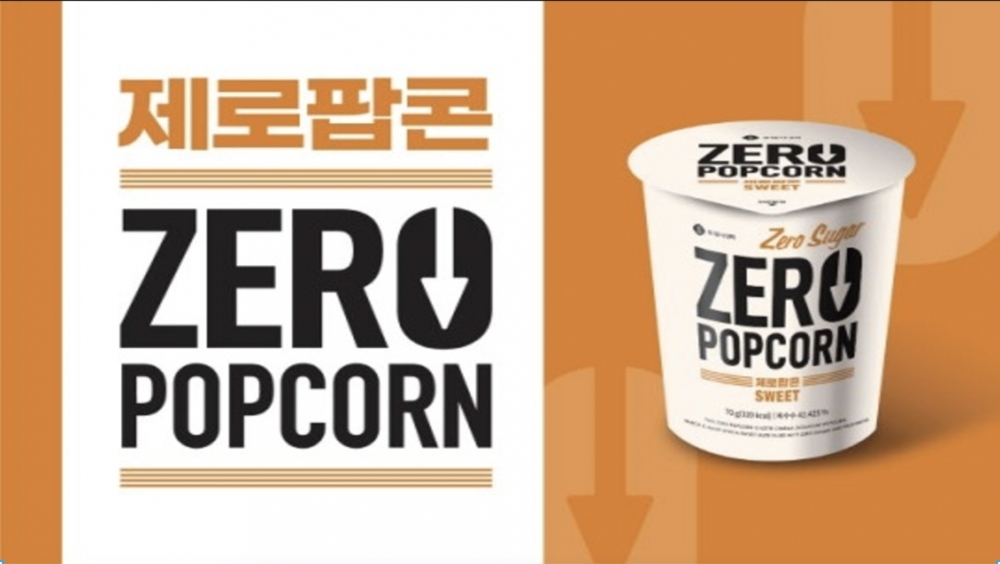

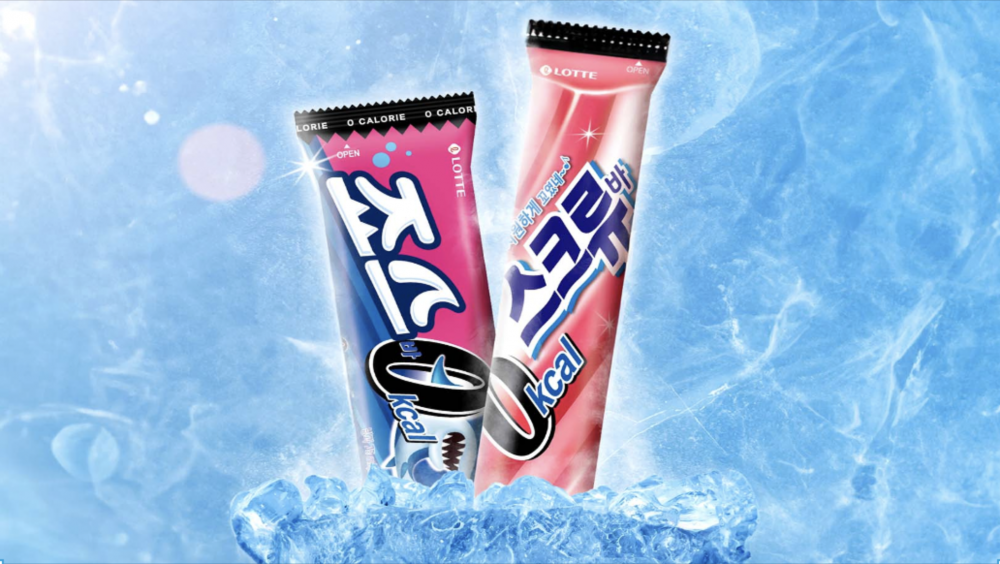

And that’s not all. Beer, one of the most consumed products in Korea, has also launched a zero-calorie version. Companies like Hite and Cass are selling these drinks, allowing Koreans to enjoy beer without worrying about the large amount of calories they usually get from alcohol.
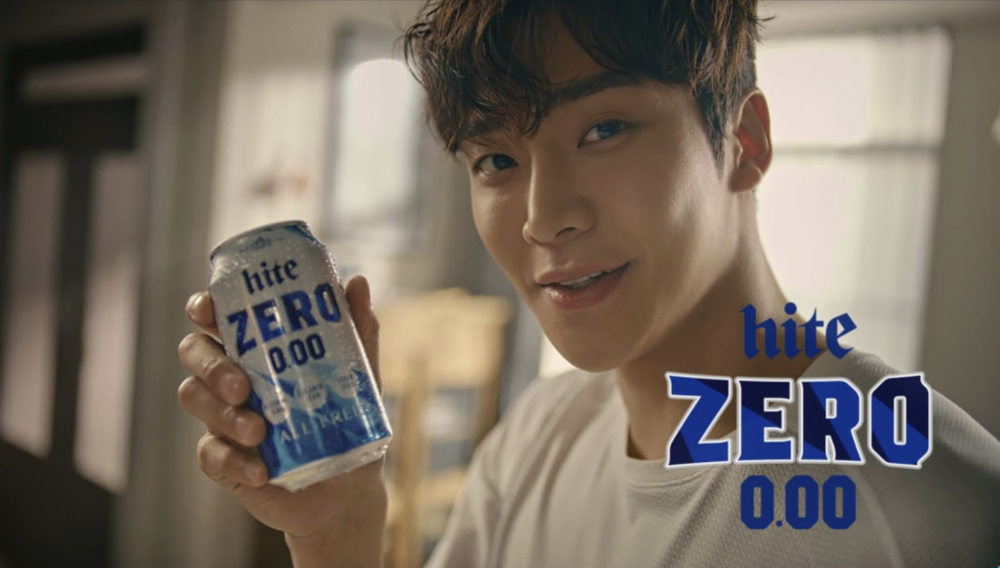

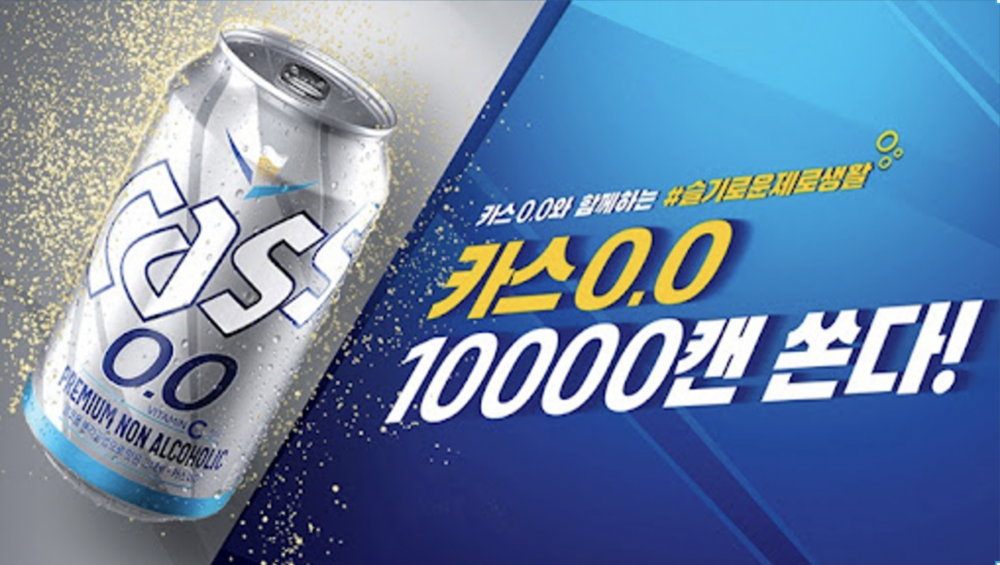

On the one hand, it seems like more people are becoming conscious about their food and calorie intake. People are paying closer attention to what they ingest, making healthier choices and actively seeking out products that claim to be low in calories or sugar. This shift towards conscious eating reflects a growing awareness of the importance of maintaining a healthy diet and lifestyle.
Meanwhile, there is an ongoing debate that these “zero calorie” and “zero sugar” labels are nothing more than a marketing ploy to get consumers to buy more of the product without feeling guilty. Critics argue that the term “zero calorie” can be misleading because the alternative sweeteners used in these products are not necessarily healthier than regular sugar. They point out that these sweeteners have their own health effects and that the long-term effects of consuming these products are not yet fully understood.
As the market continues to see an influx of “zero calorie” products, important questions arise about the sustainability of this trend: Will the Korean market embrace these products in the long term and incorporate them into their daily lives as a staple of a healthy diet? Or is this a passing trend driven by current marketing strategies that will eventually fade as consumers become more informed and wiser about their choices? It will be interesting to observe how this trend evolves and whether it leads to a real change in eating habits or is it just a passing phase in the ever-changing food and health trends.
